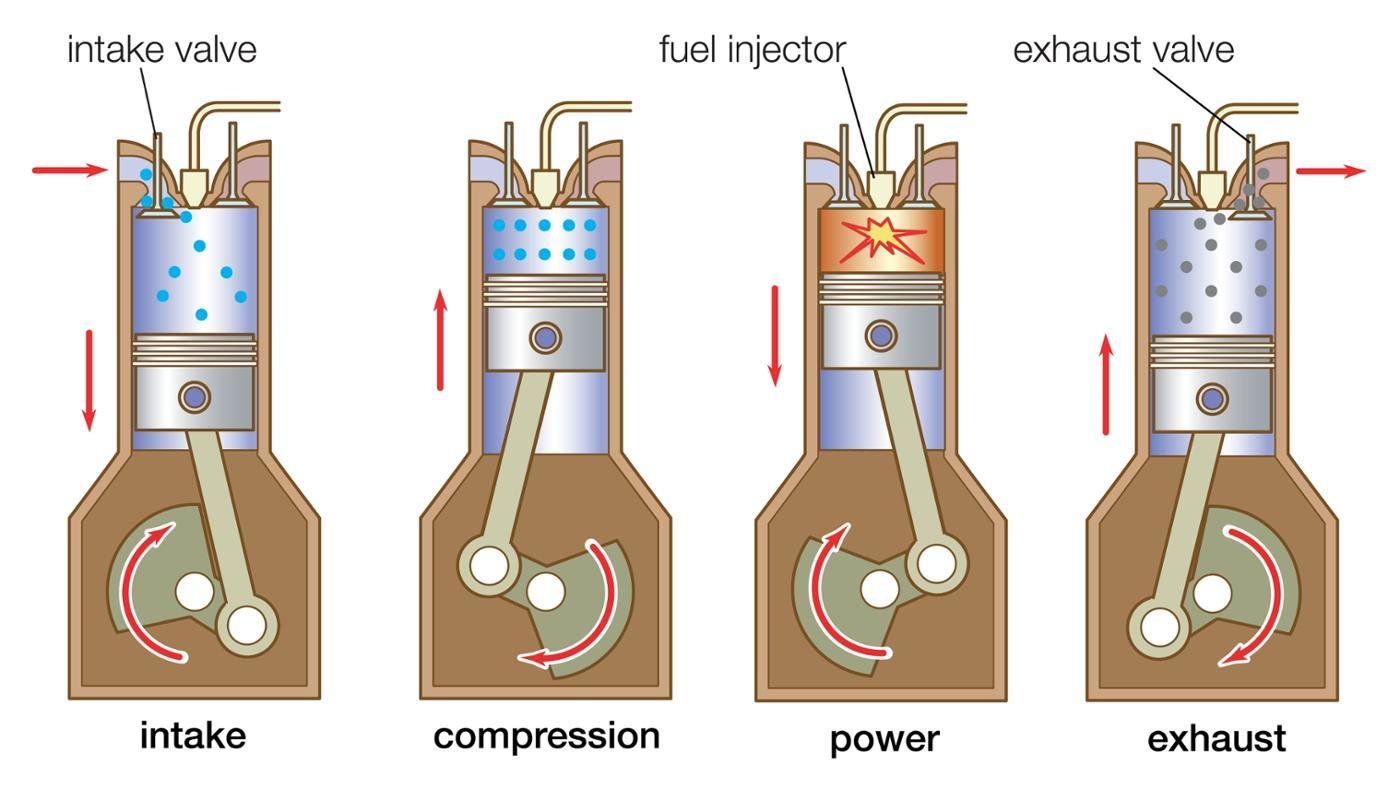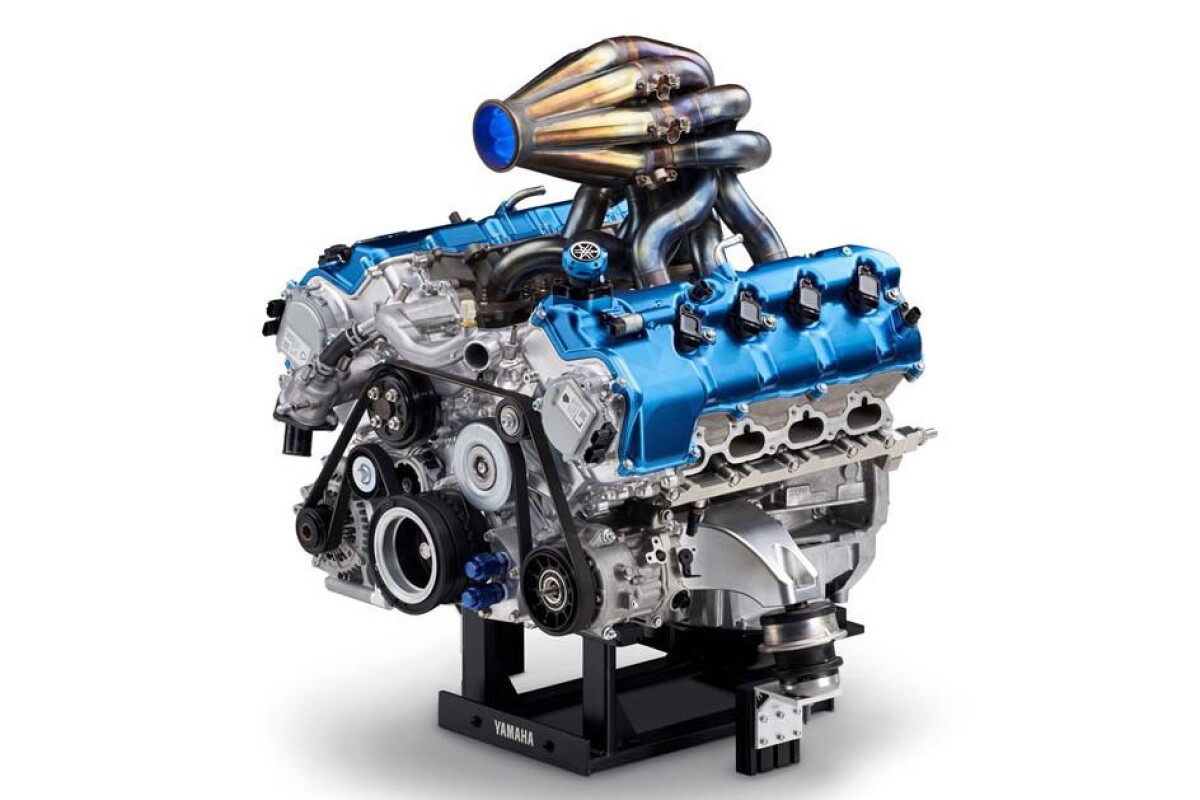What Sets Engines For Africa Apart in the Sector
What Sets Engines For Africa Apart in the Sector
Blog Article
Explore a Wide Array of Engines for each Automobile and Function
The automobile landscape is increasingly complicated, with a diverse array of engine kinds designed to fulfill certain performance and performance needs across various car classifications. From the high-performance engines that power cars to the fuel-efficient choices tailored for daily travelling, the choices are vast and differed. Furthermore, durable engines serve the needs of job lorries, while eco-friendly alternatives are getting traction in the search of sustainable transport. Comprehending these differences is essential for making notified decisions, specifically as emerging innovations proceed to shape the future of vehicle design. What ramifications might these developments hold for producers and customers alike?
Types of Automotive Engines
Automotive engines can be categorized into numerous distinctive kinds, each designed to satisfy specific efficiency and effectiveness demands. One of the most typical categories consist of inner combustion engines, electric engines, and hybrid systems.

Electric engines, on the various other hand, operate on electrical power saved in batteries, providing instant torque and no discharges. These engines are ending up being progressively prominent because of improvements in battery innovation and the growing focus on sustainability.
Crossbreed systems incorporate both internal combustion and electrical engines, allowing cars to maximize fuel performance and decrease exhausts by effortlessly switching over in between source of power. Each engine type provides its advantages and drawbacks, affecting aspects such as lorry style, planned use, and market need. Understanding these distinctions is crucial for customers and producers alike when selecting the ideal engine for their certain requirements.
Performance Engines for Sports Cars
Performance engines for cars are specifically crafted to supply boosted speed, agility, and power, setting them aside from standard vehicle engines. These engines typically utilize sophisticated innovations such as turbocharging, turbo charging, and variable shutoff timing to make the most of efficiency and responsiveness.
Normally, performance engines are created with higher compression proportions, which enable better energy removal from gas. This results in excellent horse power and torque numbers, making it possible for rapid acceleration and greater top rates. The light-weight products used in these engines, such as aluminum and carbon fiber, add to reduced overall car weight, improving handling and ability to move.
Engine configurations like V6, V8, and also hybrid systems are usual in performance cars, each offering unique advantages in regards to power delivery and driving dynamics. The tuning of these engines is likewise important; several suppliers maximize the engine monitoring systems to provide an exhilarating driving experience, usually consisting of sporting activity settings that adjust throttle action and gear changes.
Effective Engines for Daily Commuters
In the realm of everyday commuting, reliable engines play a vital duty in maximizing gas economy and decreasing exhausts while giving reputable efficiency. As metropolitan populaces grow and environmental concerns intensify, the need for lorries outfitted with reliable powertrains has actually surged.
Modern engines created for daily travelers frequently integrate modern technologies such as turbocharging, direct gas shot, and hybrid systems. Turbocharging improves engine effectiveness forcibly even more air into the combustion chamber, enabling smaller, lighter engines that do not compromise power result. Direct gas shot boosts gas atomization, resulting in much better burning and raised performance.
Hybrid engines, combining internal burning with electric power, further increase gas economy, specifically in stop-and-go traffic, where standard engines can struggle with inefficiencies. Electric motors aid throughout velocity and can operate independently at low speeds, lowering total gas consumption.
Furthermore, innovations in engine monitoring systems and lightweight products add dramatically to reliable engine layout. By concentrating on efficiency, sturdiness, and ecological sustainability, manufacturers continue to supply engines that not only satisfy the demands of daily travelling yet also align with international initiatives to minimize carbon footprints.
Heavy-Duty Engines for Work Cars
Durable engines for work vehicles are consistently engineered to provide extraordinary torque and dependability under requiring conditions. These engines are developed to perform in environments where traditional engines might fail, such as building websites, logging operations, and agricultural settings. The main emphasis of sturdy engines is their capability to generate high degrees of power while keeping sturdiness over expanded durations of procedure.
Generally, durable engines utilize innovative products and durable building and construction strategies to stand up to the roughness of check heavy workloads. Functions such as enhanced cyndrical tube blocks, enhanced cooling systems, and advanced fuel injection modern technologies contribute to their performance. These engines often run at lower RPMs, which aids to enhance fuel effectiveness while offering the required power for transporting and lugging.
In addition to mechanical robustness, durable engines are often equipped with innovative electronic control devices (ECUs) that take care of efficiency, emissions, and diagnostics. This integration allows for better monitoring and upkeep, making sure that job cars remain reliable and operational.
Ultimately, durable engines are a necessary component in the performance of various industries, providing the necessary power and reliability to tackle the most difficult of tasks.
Eco-Friendly Engine Options
The expanding focus on sustainability has actually resulted in the development of environmentally friendly engine choices that focus on reduced exhausts and enhanced gas efficiency. These engines are developed to decrease the ecological impact of vehicles while still providing the performance and integrity anticipated by customers.
Among one of the most noteworthy green options are hybrid and electric engines. Crossbreed engines combine typical internal combustion engines with electric propulsion, enabling for lowered fuel usage and lower greenhouse gas emissions. Electric engines, on the other hand, operate entirely on battery power, producing no tailpipe emissions and contributing to cleaner air quality.
One more appealing advancement is the innovation of biofuel engines, which use eco-friendly sources, such as plant materials, to power lorries (Engines For Africa). By utilizing biofuels, these engines can decrease reliance on nonrenewable fuel sources and lower overall carbon impacts

As the automobile industry progresses, environment-friendly engine alternatives will certainly play an important role in driving the shift towards more sustainable transportation remedies.
Conclusion
From high-performance engines that enhance sporting activities cars and truck abilities to effective designs prioritizing gas economy for day-to-day travelers, each type offers a specific feature. Durable engines cater to robust work automobiles, while environment-friendly alternatives, such as electrical and biofuel engines, promote lasting transport.

Report this page